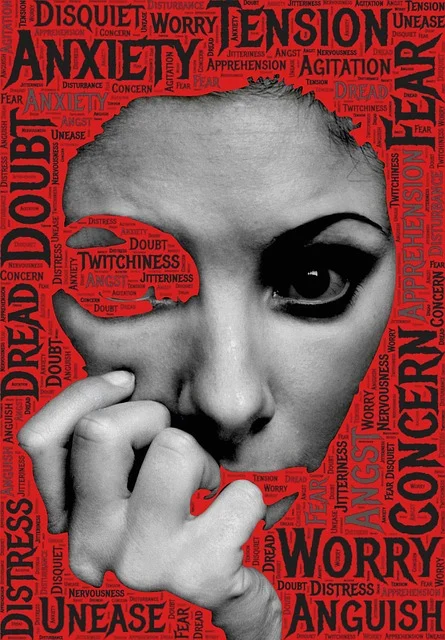Conditions known as sleep disorders impact the quantity, quality, and timing of your nighttime sleep. sleep paralysis, Insomnia, restless legs syndrome, narcolepsy, and sleep apnea are examples of common sleep disorders. Both your physical and mental health may be impacted by sleep disturbances. You can receive treatment to help you obtain the rest you require.
What are sleep disorders?
Sleep disorders are conditions that impair your body’s capacity to sustain alertness and obtain the necessary slumber. More than 80 different sleep disorders can affect:
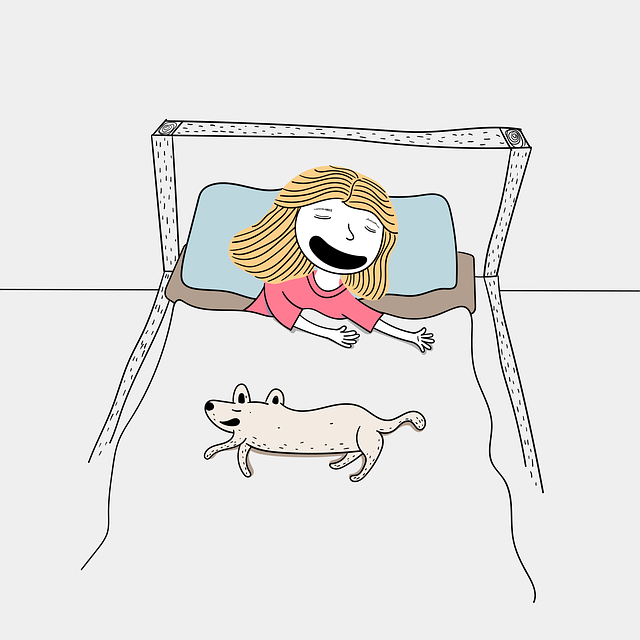
- Your level of quality sleep.
- When and whether you are able to stay asleep (timing).
- The quantity and duration of your sleep and wakefulness.
Everybody occasionally has trouble falling asleep. However, a sleep disturbance may be present if:
- You struggle to fall asleep on a regular basis.
- Even though you slept for at least seven hours the night before, you still feel exhausted during the day.
- It becomes challenging to carry out everyday tasks.
Types of sleep disorder
The many kinds of sleep problems are numerous. Some might be brought on by further underlying medical issues.
Insomnia
The inability to become asleep or stay asleep is known as insomnia. Jet lag, anxiety and stress, hormones, and digestive issues are some of the possible causes. It might also be a sign of another illness.
You may have the following negative effects from insomnia on your general health and quality of life:
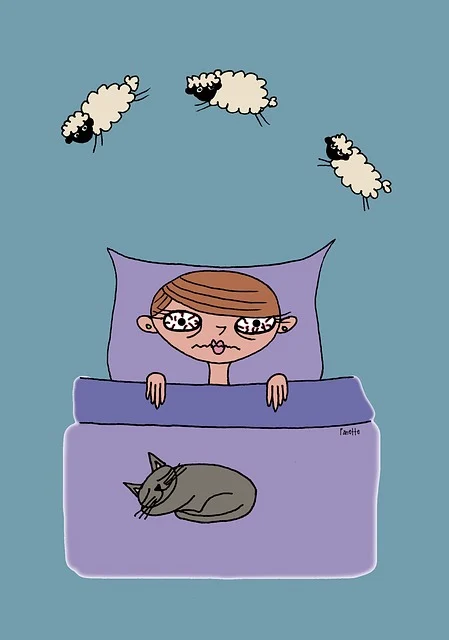
- depression
- irritability
- inability to concentrate
- gaining weight
- hampered productivity at work or at school
Regretfully, sleeplessness is a very frequent condition. It affects as many as 50% of adult Americans at some time in their lives. The condition is more common in women and older persons.
Sleep apnea
Breathing becomes difficult at night due to a common sleep-related breathing condition called sleep apnea. Individuals who with this illness frequently snore excessively and may wake up gasping for air or choking. Sleep apnea comes in two flavors. When the tissues in the mouth and throat relax, the upper airway is frequently blocked, resulting in obstructive sleep apnea. When the brain momentarily ceases communicating with the breathing muscles, it might result in central sleep apnea.
- In addition to morning headaches and dry lips, people with sleep apnea frequently report daytime tiredness and drowsiness.
- In order to treat sleep apnea, CPAP therapy, oral appliances, and occasionally surgery are available.
Narcolepsy
Those with narcolepsy, a sleep condition, experience increased daytime fatigue even when they get enough sleep. This may result in an overwhelming need to sleep, which can lead to “sleep attacks,” which usually last a few minutes. The inability of the brain to control the sleep-wake cycle is the root cause of these sleep episodes and other narcolepsy symptoms.
- Cataplexy, a sudden decrease of muscle tone that leads patients to lean over as they nod asleep, often accompany sleep episodes.
- Although narcolepsy patients are more likely to be involved in accidents or suffer injuries, medication and lifestyle modifications can assist.
Parasomnia
A group of sleep disorders known as insomnias are characterized by irregular movements and activities while you’re asleep. Among them are:
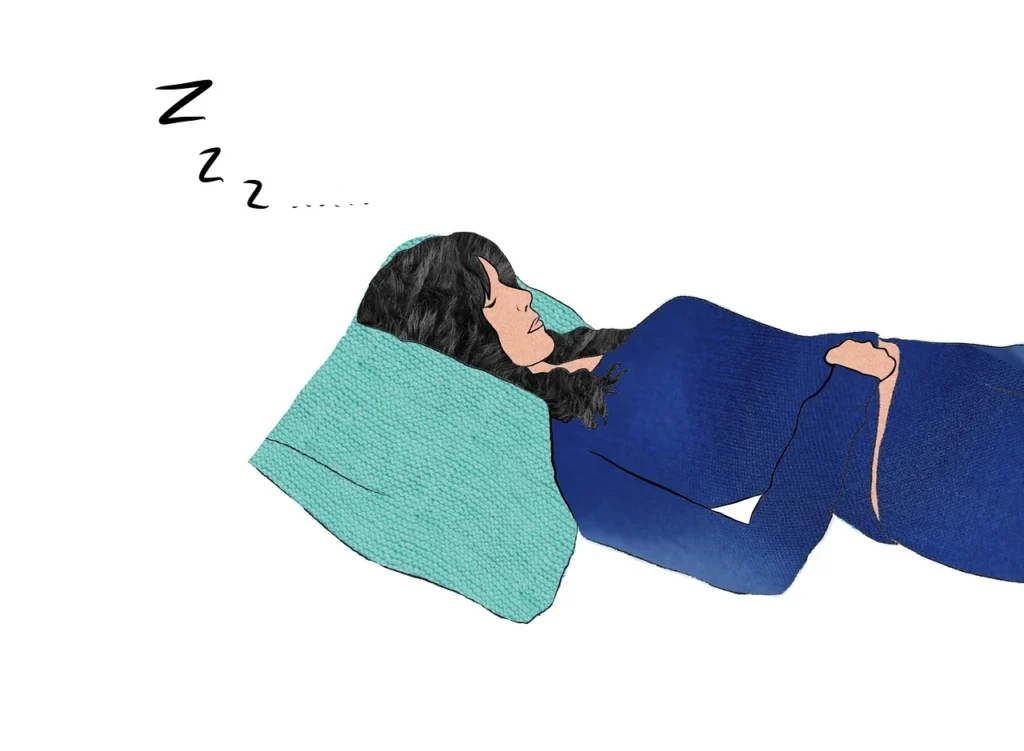
- Talking while sleeping,
- sleepwalking
- sighing with horror
- teeth grinding or
- clenching of the jaw in bed
- bed wetting
Restless legs syndrome
The tingling or crawling feelings that restless legs syndrome (RLS) sufferers experience make them feel compelled to move their legs. It is challenging to fall asleep when sitting or lying down because the symptoms and impulse to move usually get worse. Pregnancy, Parkinson’s disease, iron deficiency, and other conditions are associated with RLS; nonetheless, the majority of RLS cases have an enigmatic origin.
- In addition to being brought on by rest, caffeine use and the use of some drugs can exacerbate RLS symptoms.
- Effective treatment techniques for RLS include medical devices, medicines, exercise, healthy sleep habits, and dietary changes.
Excessive sleepiness
Feeling drowsy after a sleepless night is typical. However, acute grogginess that occurs nearly every day for at least three months is referred to be excessive daytime sleepiness (EDS) in medical terminology. During the day, EDS makes it difficult or impossible to stay awake. EDS can result from a variety of medical and psychological disorders, such as narcolepsy, sleep apnea, hypothyroidism, chronic pain, depression, and anxiety.
- EDS is a symptom of numerous sleep disorders as well as other medical issues rather than a sleep disorder in and of itself.
- A doctor might suggest a sleep study or other testing to find the cause of EDS.
Signs and symptoms
The kind and degree of the sleeping issue determine the symptoms. When another ailment is the cause of sleep disturbances, they could also differ.
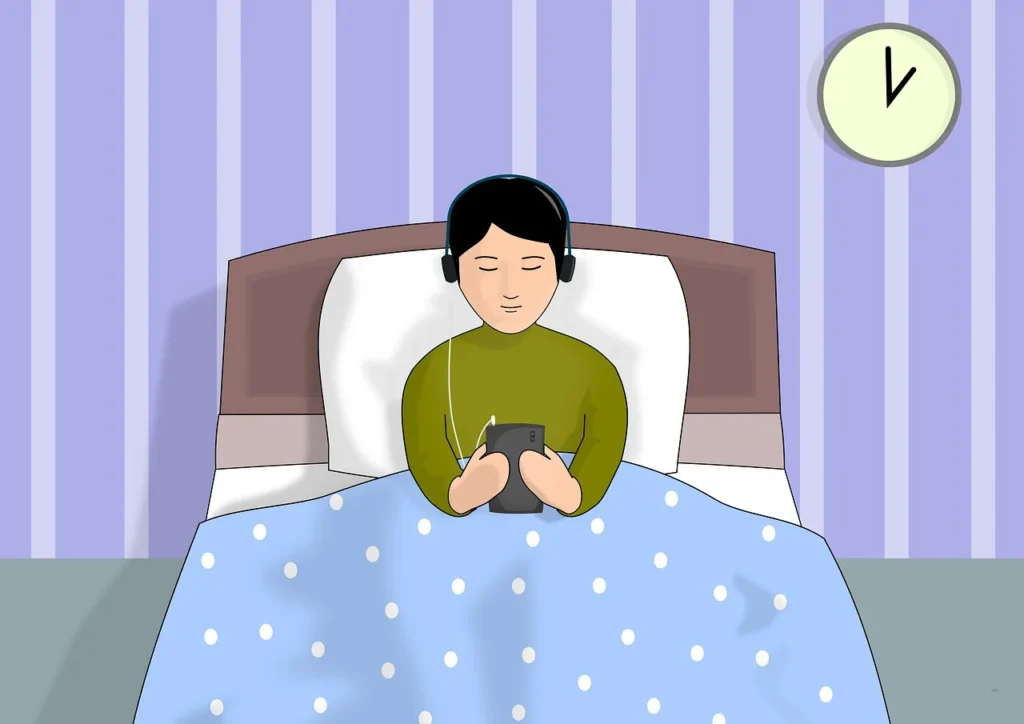
Nonetheless, the following are typical signs of sleep disorders:
- having trouble sleeping or staying asleep
- daytime exhaustion
- intense want to snooze during the daytime abnormal breathing patterns
- desires to move while falling asleep that are strange or unpleasant odd movement or other experiences while asleep
- inadvertent adjustments to your sleep and wake routine
- Anger or irritation;
- poor performance at work or school;
- inability to focus;
- despair
- gaining weight
Causes
Sleep disorders are brought on by a disturbance in the body’s natural cycle of sleep and waking hours. This can happen for a variety of reasons, depending on the kind of sleep disturbance you have. They could consist of:
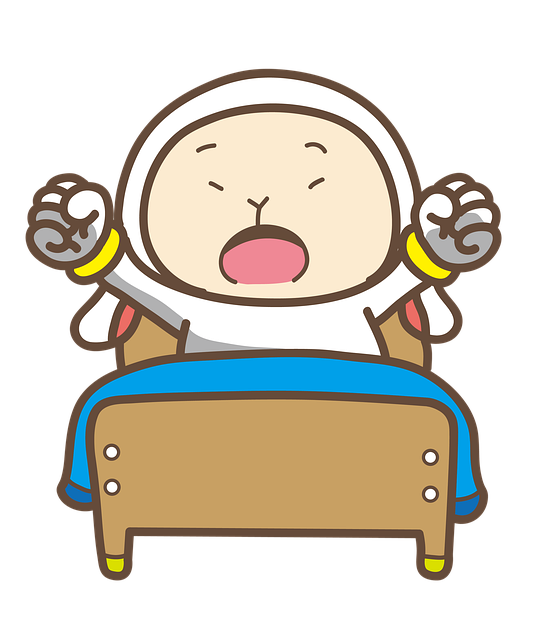
- a sign of a disease, such as heart disease,
- asthma,
- pain,
- a neurological disorder.
- a sign of a mental illness such as anxiety disorder
- Or depression.
- Elements of genetics (a mutation).
- An adverse drug reaction.
- Putting in a night shift.
- Use of drugs like alcohol or caffeine right before bed.
- Low concentrations of specific substances or minerals in the brain.
- An unidentified reason.
Treatment
The kind and underlying cause of sleep disturbances can affect the course of treatment. But typically, it entails a mix of pharmaceutical interventions and lifestyle modifications.
Medications
Among the medical interventions for sleep disorders are any of the following:
- sleeping tablets
- Supplemental melatonin
- cold or allergy treatments; prescription drugs for any underlying medical conditions
- surgery or a breathing apparatus (typically for sleep apnea)
- a dental guard (for grinding your teeth, usually)
Lifestyle changes
Making lifestyle changes can significantly enhance the quality of your sleep, particularly when combined with medicinal interventions. You might want to think about:
- boosting your intake of fish and vegetables while cutting back on sugar
- lowering tension and anxiety through physical activity and stretching establishing and maintaining a regular sleep routine
- reducing water intake before sleeping
- Consuming less caffeine, particularly in the late afternoon or evening; cutting back on alcohol and smoke Use consuming smaller, lower-carb meals prior to going to bed.
- keeping a healthy weight in accordance with your physician’s advice
A regular bedtime and wake-up time can also greatly enhance the quality of your sleep. Weekend sleep-ins could seem tempting, but they might make it harder to wake up and go asleep during the workday.



